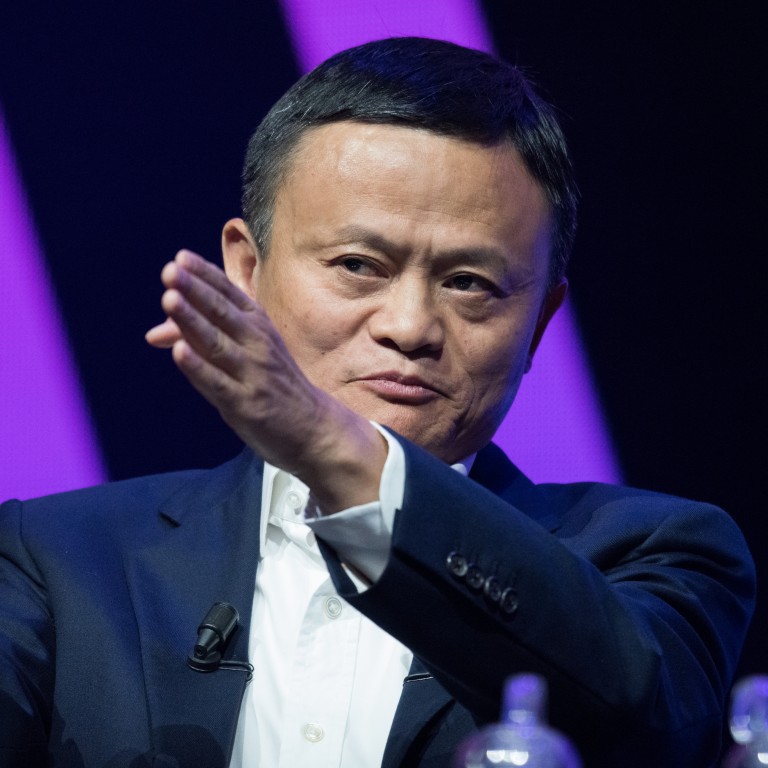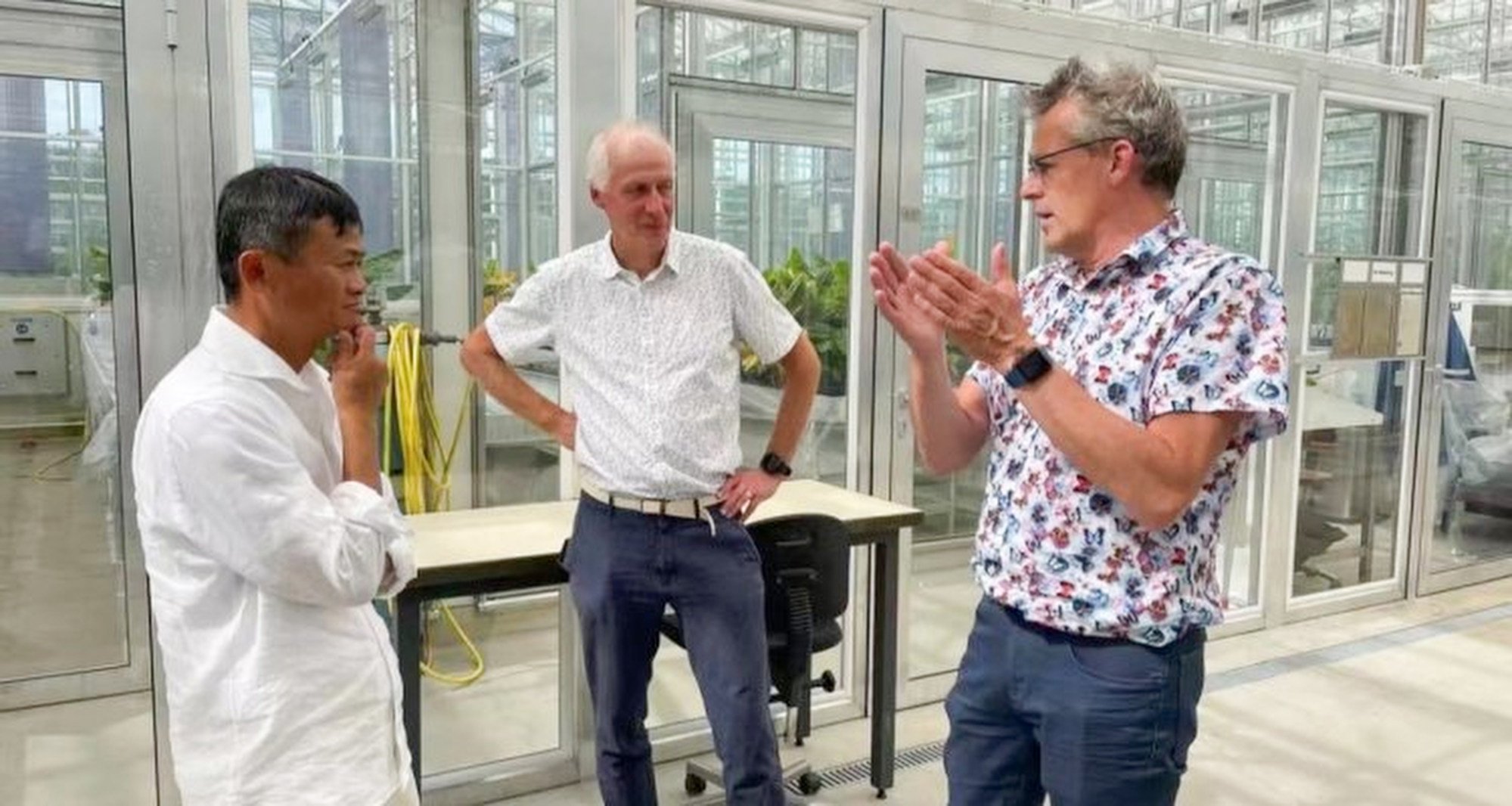Advertisement
Advertisement

Jack Ma-backed fishery-and-agriculture company 1.8 Meters starts sale of seafood products via Alibaba’s Freshippo and Tmall
- The online marketing drive by 1.8 Meters marks another step in Jack Ma’s efforts to branch out into agriculture and sustainable food production
- Hangzhou-based 1.8 Meters currently offers locally sourced frozen yellow croaker fish and fresh mussels in the domestic market
Coco Fengin Beijing
A fishery-and-agriculture company backed by Alibaba Group Holding founder Jack Ma has recently started commercial online operations, offering consumers seafood products via the Chinese e-commerce giant’s Freshippo retail chain and Tmall marketplace.
The Hangzhou-based start-up, 1.8 Meters Marine Technology (Zhejiang) Co, announced this latest development on Tuesday at a media event where it showed advertisements for frozen yellow croaker fish that immediately pops open on the Freshippo app’s landing page.
The fish and fresh mussels, locally sourced from eastern Zhejiang province, are the two main products currently offered by 1.8 Meters in the domestic market.
Dozens of orders had been placed for those two seafood products on Tmall as of Tuesday noon, which could be viewed by some as a lukewarm performance on the platform. Taobao and Tmall have more than 800 million monthly active users as of November. Alibaba owns the South China Morning Post.

The online marketing drive by 1.8 Meters marks another step in Ma’s efforts to branch out into agriculture and sustainable food production, following his extensive travels to do research into these sectors as part of his post-retirement focus.
The start-up’s president, Simon Hu Xiaoming, is a veteran executive at Alibaba who previously served as chief executive of financial technology giant Ant Group. The 1.8 Meters management team also includes Ding Ming, former head of Ant’s investment unit, and Gong Yuping, a former human resources manager at Alibaba.
The firm’s controlling shareholder is Hong Kong-based 1.8 Meters Technology Holding, which has a 71 per cent stake, according to information on Qichacha, a Chinese corporate information website. Hangzhou Dajingtou No 22 Arts and Culture Co, one of the ventures created by billionaire Ma in 2019 for investment deals in China, previously held a 10 per cent stake in the start-up.
Ma, who retired as Alibaba’s executive chairman in 2019 on his 55th birthday, has also recently started a new company, with a name that translates to “Hangzhou Ma’s Kitchen Food” in English, focused on sales of pre-packaged food as well as the primary processing and sale of edible agricultural products.

Since handing over the reins of the e-commerce behemoth he founded nearly a quarter century ago, the globe-trotting tech billionaire has visited agricultural laboratories in the Netherlands, a tuna farm in Japan and a shrimp farm in Thailand to better understand his new avocation.
In June this year, Ma conducted his first class as a visiting professor in a seminar jointly organised by Tokyo College and the University of Tokyo’s Global Leadership Programme. Ma has assumed professorships in various schools outside mainland China. He has accepted a three-year term as honorary professor at the University of Hong Kong.
While he no longer holds any corporate roles at Alibaba, Ma still has a significant influence over China’s largest e-commerce company.
After Ma returned to China earlier this year, Alibaba commenced its largest-ever corporate restructuring in a plan meant to split the sprawling conglomerate into six independent business units. The overhaul faced its first big challenge on November 16, when Alibaba cancelled its initial public offering plans for Alibaba Cloud.

1
